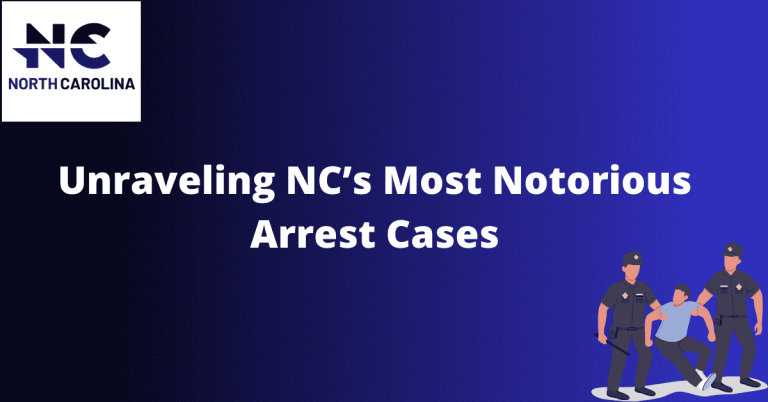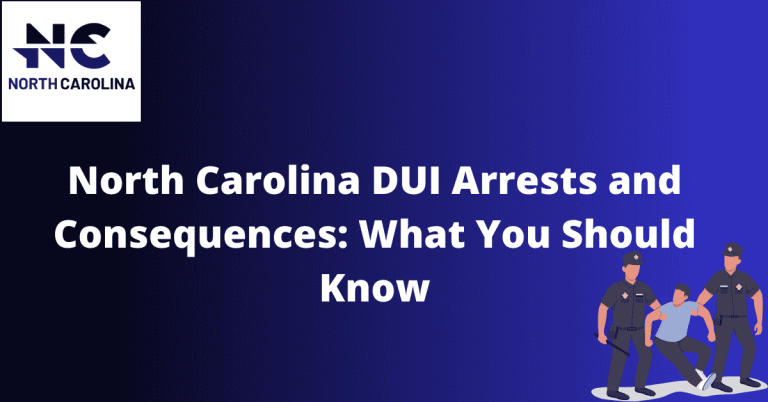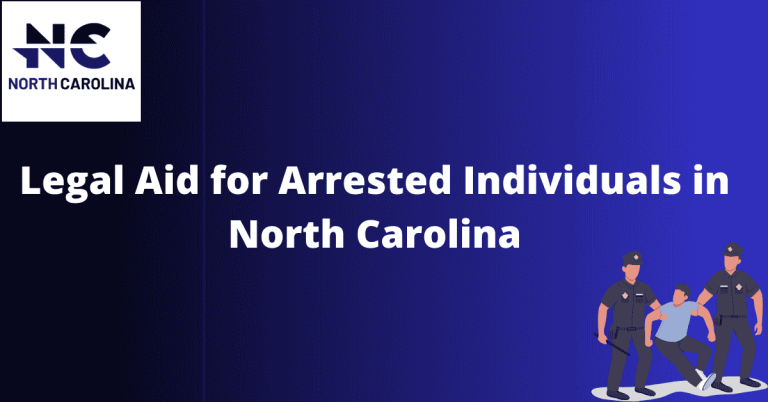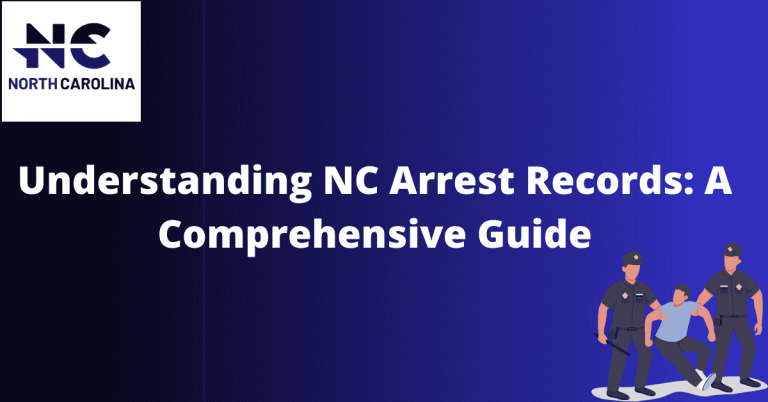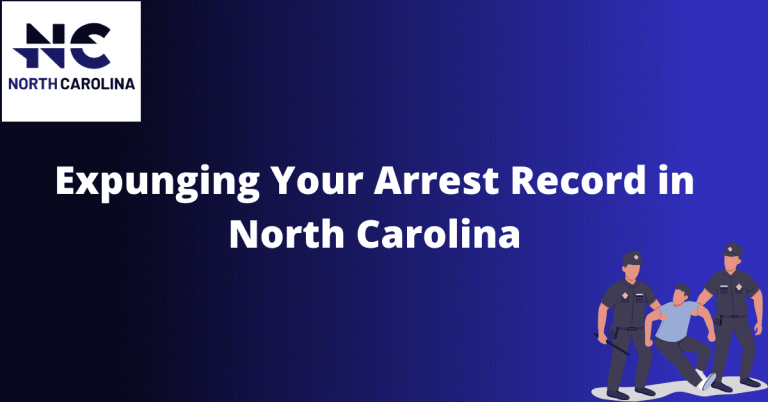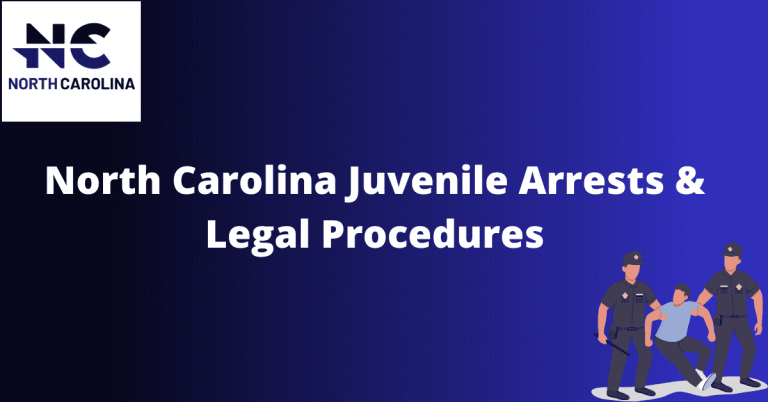Understanding North Carolina Arrest Warrants
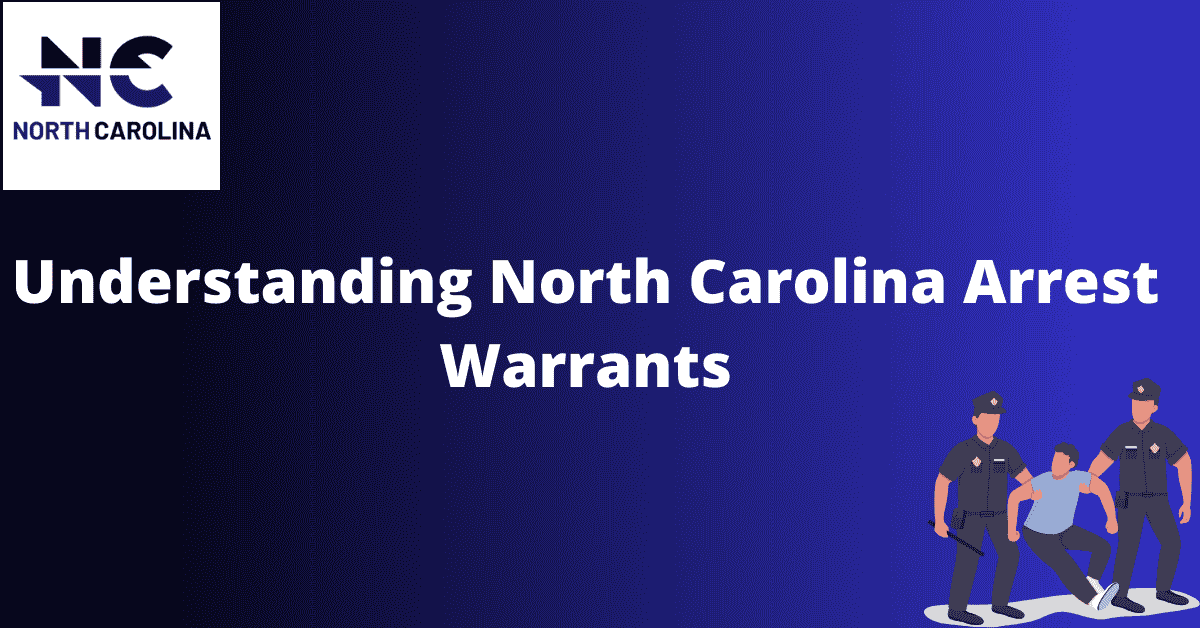
In the heart of the American South, North Carolina stands as a diverse and vibrant state known for its stunning landscapes, rich history, and thriving communities. However, like any other place, North Carolina’s law enforcement agencies occasionally issue arrest warrants. Whether you’re a resident or just passing through, it’s crucial to be aware of the implications and processes surrounding arrest warrants in the Tar Heel State.
Understanding Arrest Warrants in North Carolina: A Closer Look
Explore the intricacies of arrest warrants in North Carolina with our comprehensive guide. From issuance to execution, we delve into the legal processes and implications. Gain a clearer understanding of your rights and responsibilities in the state’s criminal justice system.
Issuance of Arrest Warrants
Arrest warrants in North Carolina serve as legal instruments that authorize law enforcement officials to apprehend individuals suspected of committing crimes. They play a pivotal role in ensuring public safety and upholding the law. To gain a deeper understanding, let’s delve into the key aspects of arrest warrants in the state.
In North Carolina, arrest warrants are typically issued by a judge or magistrate. To obtain a warrant, law enforcement officers must present evidence that establishes probable cause that a crime has been committed and that the individual in question is responsible for it. This rigorous process helps safeguard against unwarranted arrests and protects citizens’ rights.
Contents of an Arrest Warrant
An arrest warrant in North Carolina contains essential information, including the name of the person to be arrested, a description of the alleged offence, and the issuing authority’s name and signature. It is crucial to scrutinize the warrant carefully if you ever find yourself in such a situation to ensure its legitimacy.
Execution of Arrest Warrants
Once an arrest warrant is issued, law enforcement officers are duty-bound to execute it promptly and in accordance with the law. They must adhere to specific procedures to ensure that the rights of the individual being arrested are protected.
Legal Rights of Individuals with Arrest Warrants
Individuals with active arrest warrants in North Carolina are entitled to certain legal rights. These include the right to remain silent, the right to legal representation, and the right to a fair trial. Understanding these rights is essential if you or someone you know is subject to an arrest warrant.
Navigating the Arrest Warrant Process
If you ever find yourself facing an arrest warrant in North Carolina, it’s crucial to stay informed and take the necessary steps to protect your rights. Seek legal counsel, turn yourself in if required, and cooperate with law enforcement while being mindful of your rights.
FAQS
Explore our comprehensive Frequently Asked Questions (FAQ) section to find answers to common queries about NC Arrests.
What should I do if I discover an active arrest warrant against me in North Carolina?
If you discover an active arrest warrant, it’s advisable to consult with an attorney immediately. They can guide you through the legal process, ensuring that your rights are protected and helping you address the situation in the best possible way.
Can an arrest warrant be issued without evidence of a crime in North Carolina?
No, North Carolina law requires law enforcement to present evidence of probable cause to obtain an arrest warrant. This evidence is essential to establish that a crime has been committed and that a specific individual is responsible for it.
What rights do I have if I’m arrested under an arrest warrant in North Carolina?
When arrested under an arrest warrant in North Carolina, you have rights, including the right to remain silent, the right to legal representation, and the right to a fair trial. It’s crucial to exercise these rights while cooperating with law enforcement.

